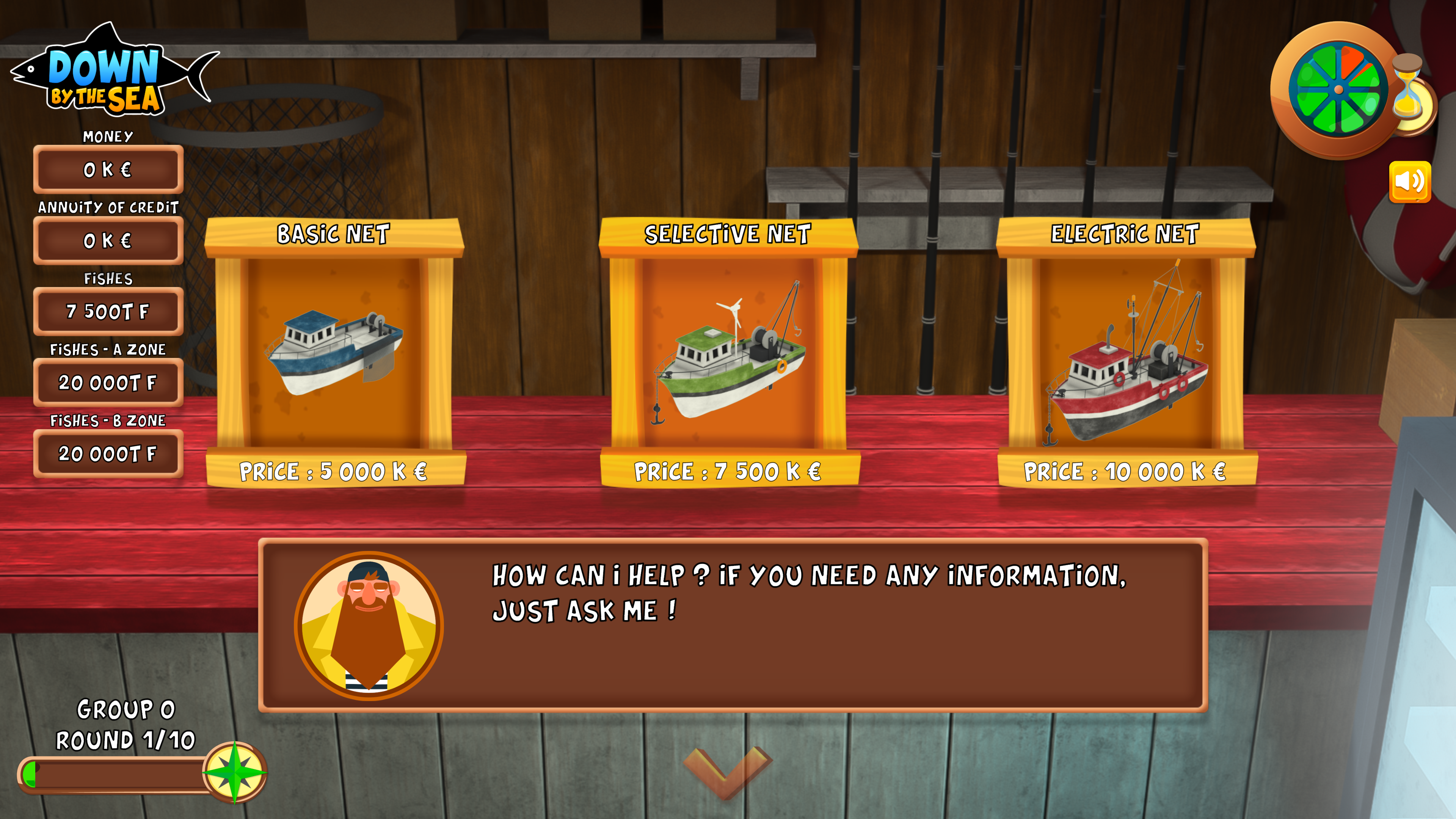Today’s skills shape tomorrow’s successes. In an ever-changing professional context, traditional training methods are reaching their limits. This is where serious games make perfect sense: these innovative tools, which combine fun, engagement, and learning, are redefining the way technical (hard skills) and behavioral (soft skills) competencies are developed. Combining immersion and interaction, they offer much more than just entertainment: an active educational experience designed to firmly embed knowledge and stimulate reflection.
Serious games vs gamified training, what are the differences?
Serious games are playful experiences designed for educational or informational purposes. A serious game is a well-structured game, governed by rules, and focused on a specific educational goal: to transmit knowledge, develop skills, or promote behavioral changes.
This is how they are distinguished from other gamified training, such as:
- Gamified e-learning, modules enriched with storytelling, quizzes, or mini-games, which make learning more engaging.
- Simulation games that recreate realistic professional situations to allow learners to practice safely.
Active learning: the core of the serious game.
Like video games, serious games immerse players in unconventional universes, sometimes far from their daily reality or professional life. The learner takes on a role and thus becomes an active participant in their learning.
This active role promotes:
- Attention: Without attention, there can be no understanding or memorization!
- Involvement: The chosen game mechanisms encourage the learner to make decisions in context. This allows them to more easily grasp certain concepts and develop skills.
- Motivation: Solving puzzles, earning rewards, surprising, and sparking curiosity help maintain the learner’s motivation and emotional involvement. According to Dale’s Cone of Experience, the more an activity engages the senses and the learner’s involvement, the more effective it is.
- Memory: Serious Games create immersive scenarios that trigger emotions (positive stress, satisfaction from success, curiosity). These emotions facilitate the encoding of memories and, by extension, the long-term memorization of concepts and skills.
"Introducing play into pedagogy is about wanting to mix pleasure and work."
Chantal Barthélémy-Ruiz
The game is an experimental field where failure is allowed, promoting learning in a safe and engaging environment.
According to several studies*, this learning through action increases knowledge retention by 20 to 30% compared to traditional methods. To go even further, real-time feedback guides the user in their progress and strengthens confidence in their own abilities.
Thus, immersing the learner in a context far from their daily life allows them to stimulate reflections and develop key skills transferable to professional situations. Some examples:
- Cognitive skills: critical thinking, decision-making, problem-solving.
- Social skills: leadership, teamwork, conflict management.
- Technical skills: mastery of complex processes.
- Professional skills: time management, organization, strategy.
Serious games in the service of soft skills.
Learning through play helps develop important social, emotional, and behavioral skills. Immersed in unconventional worlds, players are made aware of concepts (e.g., emotional intelligence, stress or conflict management) that they can put into practice in real-life situations. They can thus experiment with specific behaviors (active listening, decision-making) in safe environments without real consequences.
By repeating scenarios, players gain confidence. Confidence is essential for applying acquired skills in the real world. Serious games provide non-judgmental environments where failure is seen as a learning step. Positive and personalized feedback enhances motivation and personal satisfaction. Scenarios with progressive difficulty help users become aware of their progress, thereby strengthening their sense of competence.
For example, in a serious game on team management, the user can test different approaches to motivate their team members.
Serious games in the service of hard skills.
Integrated into a well-thought-out educational path, serious games are also suitable tools for developing hard skills, these technical skills specific to a job or task. In industries, healthcare, and many other fields, they are highly valued for training or raising awareness about best safety practices. For example, a medical simulation game designed by Audace allows teaching clinical protocols or diagnostic techniques.
Measuring progress: an asset for companies.
With integrated analysis tools, Serious Games provide precise indicators to evaluate learners’ performance and progress. These data help identify strengths, target areas for improvement, and adjust training paths. By making results tangible, they not only strengthen learners’ confidence but also that of organizations in their educational programs.
Serious games at Audace: discover some inspiring creations.
Here are some examples of serious games developed by Audace in various fields:
Montpellier SupAgro
Serious Game Down by the Sea
A multiplayer serious game to apply socio-economic knowledge in a Master's program.
Skema Business School
Serious Game La Table de Marie
A multiplayer and multi-award-winning serious game for training on the challenges of Knowledge Management.
Carsat
Serious Game Trajet Gagnant
This serious game, with its original and game-inspired setting, challenges you to balance driving and coactivity!
Keolis - Business Game
Formation Managers
A multiplayer serious game to validate senior executives' ability to synchronize and optimize their actions.
Halle aux Sucres
Serious Game Deviens un Exp'Air
An educational serious game to introduce the pillars of sustainable development and the impact of human constructions.
CHU Rouen - Serious Game
Gestion de l'urgence en EHPAD
Two playful training programs to train healthcare professionals in emergency management in nursing homes and key steps in a care pathway.
Orano - Serious Game
Risk Prevention
Inspired by a famous TV series, this virtual reality serious game trains operators in safety within the nuclear industry.
Metrology
Serious Game Metrology
An educational serious game to introduce the pillars of sustainable development and the impact of human constructions.
As you may have understood, The dynamics of the game is not just a mere gimmick., but a lever to engage the learner in an active process of discovery and learning. Adopting serious games in professional training means choosing a method that combines engagement, effectiveness, and personal development. By transforming the world of training, serious games leverage the emotional and immersive power of games to offer much more than just a fun moment: a true educational experience. Placed at the center of the experience, the learner undergoes a real interactive and stimulating experience, where each victory, each progression contributes to boosting their “self” — and preparing a more assured professional future.


